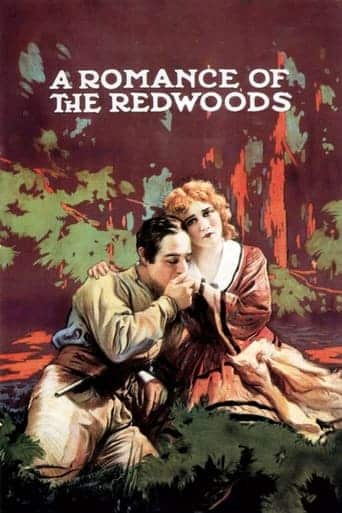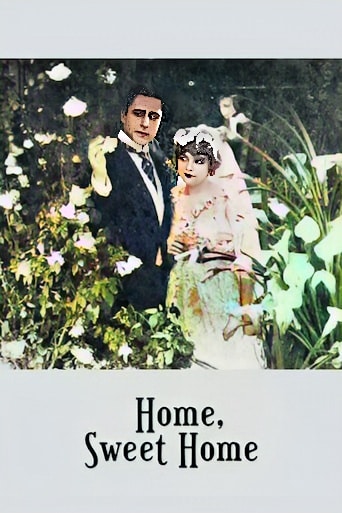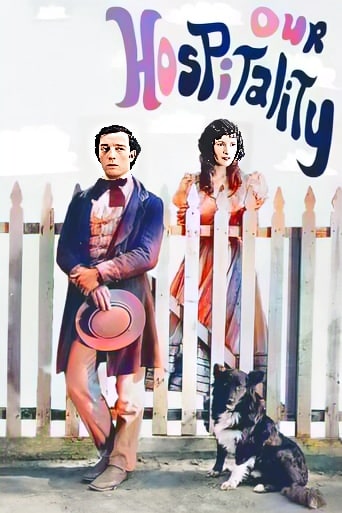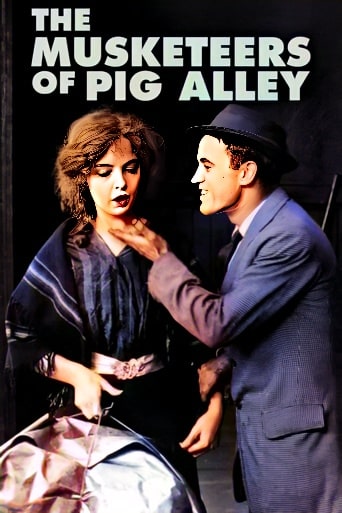Manslaughter (1922)

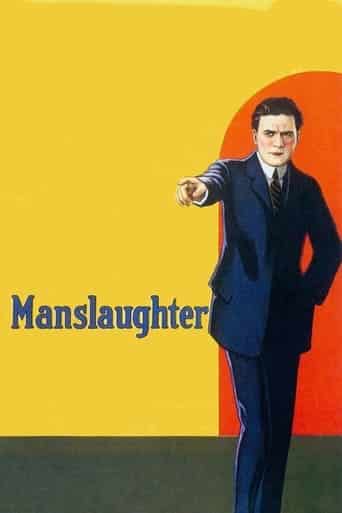 “Manslaughter,” a 1922 American silent film directed by Cecil B. DeMille, is a captivating drama that explores themes of privilege, justice, and societal expectations.
“Manslaughter,” a 1922 American silent film directed by Cecil B. DeMille, is a captivating drama that explores themes of privilege, justice, and societal expectations.
With a runtime of approximately 100 minutes, the film offers a compelling narrative set against the backdrop of the Roaring Twenties. In this cinematic masterpiece, DeMille skillfully weaves together elements of romance, crime, and morality, creating a thought-provoking and visually stunning work that continues to be celebrated in the world of classic cinema.
The story revolves around Lydia Thorne (played by Leatrice Joy), a young woman from a wealthy and influential family. She represents the epitome of the carefree and indulgent lifestyle associated with the Jazz Age. Lydia’s character is a complex one, oscillating between moments of frivolity and genuine introspection. Her privileged upbringing has shielded her from the consequences of her actions, and she is initially portrayed as a symbol of the excesses of the era.
However, Lydia’s life takes a dramatic turn when she becomes involved with a charismatic and idealistic district attorney named Daniel O’Bannon (played by Thomas Meighan). O’Bannon, driven by a strong sense of justice and a desire to see the law upheld, becomes intrigued by Lydia and her world. Their contrasting backgrounds and perspectives set the stage for a compelling romantic and ideological conflict.
The central conflict in the film arises when Lydia is involved in a tragic automobile accident, leading to the death of a motorcycle officer. The incident becomes a turning point in the story, challenging Lydia’s perception of her invincibility and O’Bannon’s commitment to upholding the law. The courtroom scenes are particularly riveting, as Lydia must face the legal consequences of her actions.
Cecil B. DeMille’s direction shines in “Manslaughter.” His mastery of visual storytelling is evident in the film’s opulent set designs and grandiose party scenes, which contrast sharply with the somber moments of reflection and introspection. The film’s pacing and use of symbolism contribute to its lasting impact.
Leatrice Joy delivers a remarkable performance as Lydia Thorne, capturing the character’s transformation from a frivolous socialite to a woman facing the consequences of her actions. Thomas Meighan’s portrayal of Daniel O’Bannon adds depth to the film, as his character navigates the complexities of justice, morality, and personal feelings.
The film’s exploration of societal norms and the idea that the privileged class can evade accountability for their actions is a recurring theme in DeMille’s work. “Manslaughter” is a reflection of the moral dilemmas and conflicts of the time, serving as a critique of the excesses and lack of accountability prevalent in the Roaring Twenties.
In conclusion, “Manslaughter” (1922) is a classic silent film that continues to be celebrated for its thought-provoking narrative and visually stunning execution. Cecil B. DeMille’s direction, combined with outstanding performances by Leatrice Joy and Thomas Meighan, creates a compelling exploration of privilege, justice, and morality during the Roaring Twenties. The film’s enduring relevance in the world of classic cinema speaks to its timeless themes and captivating storytelling.
Release Date: September 24th, 1922
Main Cast Members
Leatrice Joy (Lydia Thorne)
Thomas Meighan (Daniel J. O’Bannon)
Lois Wilson (Evans)
George Fawcett (Judge Homans)
Julia Faye (Mrs. Drummond)
Edythe Chapman (Adeline Bennett)
Jack Mower (Drummond)
Dorothy Cumming (Eleanor Bellington)
Loading live eBay listings...

